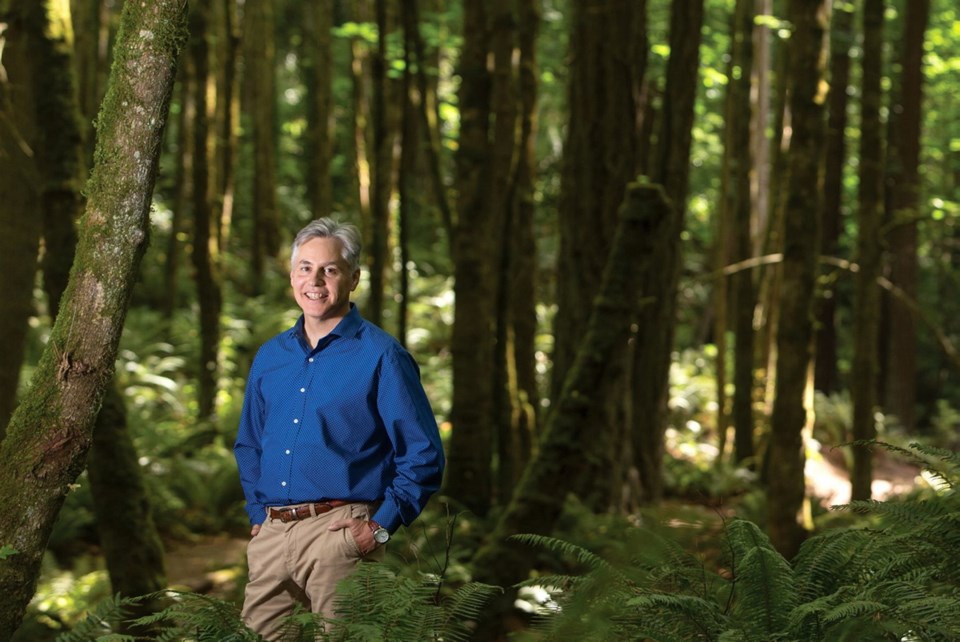When Canadian law treats corporations like people, it’s easy to believe natural features like rivers or mountains deserve similar rights, says a UVic legal scholar.
“In New Zealand, there is a recognition that a river can have a legal personality,” said John Borrows, Canada Research Chair in Indigenous Law in the University of Victoria’s Faculty of Law.
“So in accordance with Maori law, that river can even be consulted, and there is Crown recognition of that.”
> For more on Ideafest, go to timescolonist.com/more
Borrows and Val Napoleon, the Law Foundation Professor of Aboriginal Justice and Governance, will speak Thursday at an Ideafest session titled The Role of the Sacred in Indigenous Law and Reconciliation.
Borrows said the topic arose in part because of a November decision of the Supreme Court of Canada allowing the development of a ski resort in the B.C. Interior.
The Ktunaxa Nation argued that Jumbo Mountain is home to the Grizzly Bear Spirit, whose space was at risk of being defiled by the ski resort.
The court ruled that the Ktunaxa have every right to a spiritual relationship with the Grizzly Bear Spirit, but that that right did not extend to protection over a physical space to which the developer had established a commercial interest.
Borrows said he believes the court likely had fears its decision could halt development in Canada, but thinks those fears to be inflated.
He said it was a tough decision for Indigenous peoples in Canada because they tend to be attached to the land and its natural features in ways the law finds difficult to address.
“When Indigenous people are reasoning about how to make decisions in relation to the world, they draw analogies from the waters and the animals and the natural features around them,” Borrows said. “For some of them, the text of the law was basically written in the earth.”
But, he speculated, legal protection in Canada for something like a river or a sacred space might be assisted if courts recognized them as legal personalities similar to corporations.
Borrows said a river or mountain could have a human board of directors charged with responsibilities including protection of the physical site.
Like corporate boards, the directors might meet a few times per year. They would listen to opinions, experts and even make assessments about future conditions that might affect a river.
But the result would also be a way for common law to recognize and engage with things like natural features and spaces that are sacred to First Nations.
“It could give that legal personality [of a natural feature or sacred space] a chance to flourish, just like a corporation,” Borrows said.
The Role of the Sacred in Indigenous Law and Reconciliation is on Thursday from 7 to 9 p.m. at Alix Goolden Hall, 907 Pandora Ave.
The event is fully booked but it will be livestreamed via UVic Law's Facebook page starting at 7 p.m. Thursday at: https://www.facebook.com/uvicfacultyoflaw/



